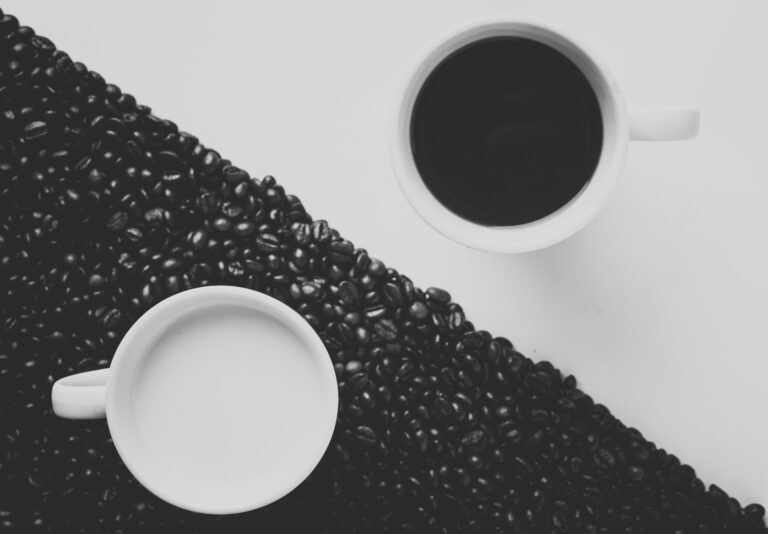I spent the first 15 years of my professional life as a hard-charging academic surgeon at one of the finest medical institutions in the world. This was a challenging, inspiring, fruitful and unforgettable time. I pushed the field of men’s reproductive health forward as hard as I could. But through all of this, I came to realize that Western medicine, into which I was born, raised and bred, was exceptionally good at treating illnesses, like cancer, cholesterol and kidney stones, but not all that good at curing these same disorders. I found it more reactive than proactive, more proscriptive than preventative. Believing that medicine can do more than this, I took a serious interest in Eastern medicine. It’s now a part of my vocabulary of infertility care.
The Road East
It began by lecturing doctoral students at Yosan University of Traditional Chinese Medicine on our knowledge of men’s health. And sure enough, I learned just as much as I taught. Eastern medicine is very old, very wise and entirely integrative by nature. It excels at both restoring health and exalting wellness. And it does this in ways that are very different than what I thought or knew.
What followed organically was my desire to test Eastern medicine’s power to heal. So, during the peak of the opiate crisis, I designed and conducted a randomized clinical trial with the university to examine whether traditional Chinese medicine could treat post-surgical pain and reduce the risk of opiate addiction. And guess what, it did! To this day, my involvement with Yosan continues with more research projects and regular involvement in workshops and symposia on reproductive medicine.
Mixing It Up
All of this is top of mind as I recently organized a lecture at Yosan’s 2025 Integrative Reproductive Medicine Symposium. In the style of a fireside chat, University co-founder Dr. Daoshing Ni and the Integrative Medicine Chair, Dr Paul Magarelli, and I delved into how Eastern and Western medicine traditions approach the care of infertile couples. The talk was enlightening as I learned that:
- The physical exam still matters! In Western medicine, the physical exam has become an almost cursory motion, whereas in Eastern medicine, the tongue and the pulse are instrumental to the diagnosis.
- Both traditions employ laboratory assessments to inform the care that they deliver.
- The organ-based approach in Western medicine is largely supplanted by the more holistic, whole-body concepts of energy flow (Qi), balance (ying and yang), and stagnation (dampness and phlegm).
- Diet, stress and emotional states are critical determinants of reproductive health in Eastern medicine but are largely unaddressed, tag-along concepts in Western medicine.
By the session’s end, it became clear that both traditions play distinct but important roles in the care of infertile couples. Based on their dramatically different concepts of health and wellness, I believe that they complement rather than conflict with each. And since this synergy can only mean an upleveling of care, I consistently take this combined approach in my practice to offer the best care possible. In the words of Louisa May Alcott: “It takes two flints to make a fire.”
So, if you’d like to integrate Eastern medicine into your fertility journey, let us help you design a plan that includes the best of both worlds and one that is driven by data and results. Schedule a consultation at The Turek Clinic in Los Angeles and San Francisco to explore care options that respect your whole-body approach to health. Call 1-888-TUREKMD

